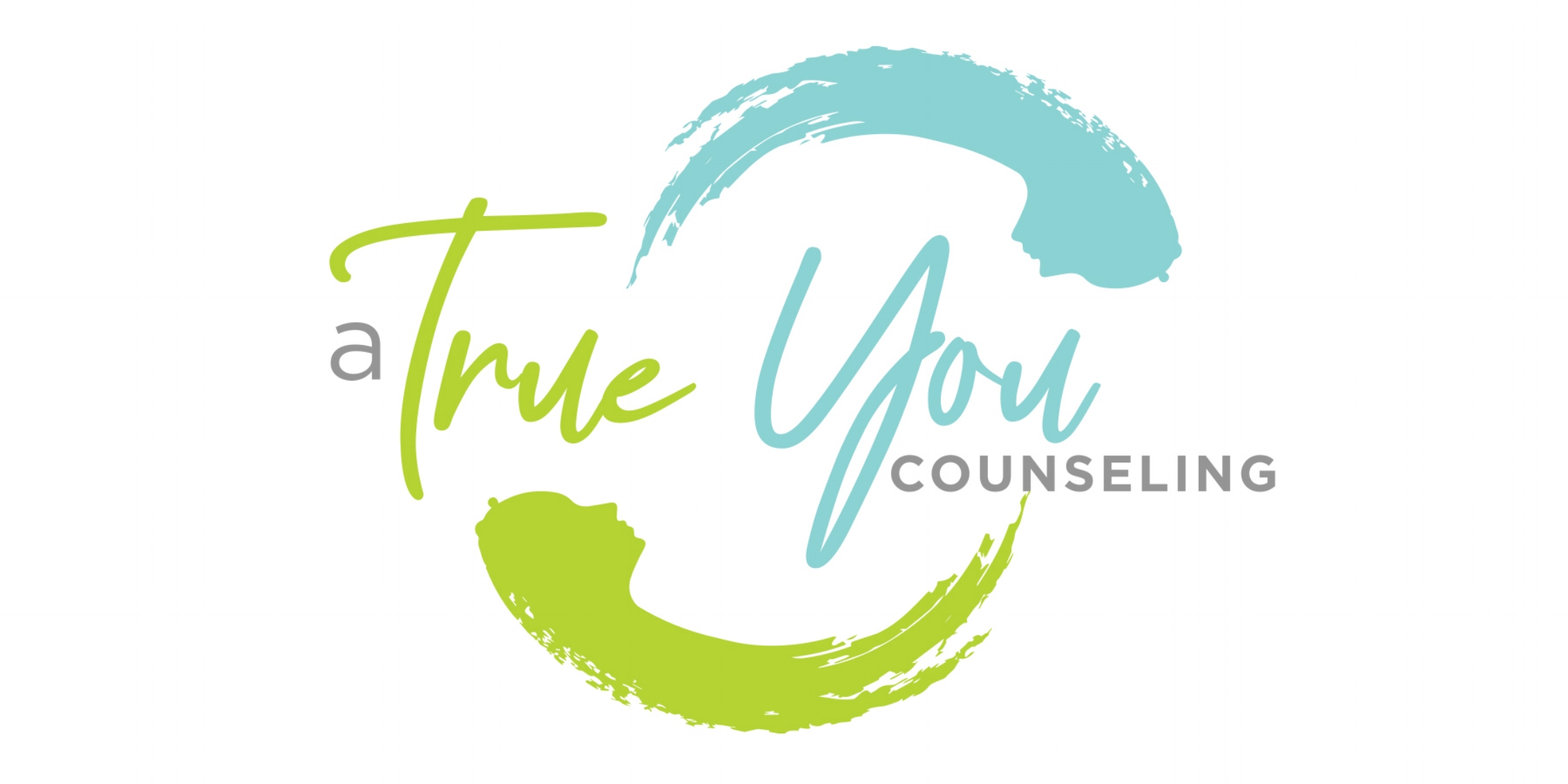Mental Health Stigma
Recently I had a conversation with some colleagues of mine about different diagnoses and when the mention of schizophrenia, dissociative identity disorder (DID), and borderline personality disorder (BPD) came up, some of my colleagues cringed. It was in that moment that I wondered how many other people had similar responses to the various diagnoses.
Living with a mental health condition is difficult enough on its own. However, the stigma associated with having a mental health diagnosis can compound the problem even further for many people. The stigma is due to society often having a negative belief or attitude when it comes to mental health issues.
Stigma can lead to a host of issues that the sufferer will continue to endure, such as discrimination, which can be either subtle or direct. Even friends and family may be guilty of stigmatizing the individual.
Stigma Causes Negative Effects
The stigma of having a mental health diagnosis can lead to many harmful effects. In some cases, it may cause those who need treatment to delay or entirely avoid getting help because they fear the stigma that it will bring. This only causes further problems for the individual but given all of the other issues that stigma can cause, it’s understandable why some feel this way.
Many will find that their friends and family, along with coworkers, do not truly understand the diagnosis. It can cause those people to shun the individual or to treat them in a different light. Stigma can cause lost job opportunities, trouble finding social outlets and activities, and even trouble finding housing. People who are suffering from a mental health condition will often face bullying and rejection, which can cause them to fall into a deeper state of despair than the diagnosis and condition alone.
While the world may have made some advances when it comes to the stigma of mental health conditions, there is still a very long way to go. Most people simply do not feel comfortable talking about their diagnosis because of the massive stigma that still surrounds it. They try to hide it and pretend that it does not exist. Still, there are things that can be done to help lessen the stigma, even though it will take time.
Ways to Cope With and Overcome Stigma
Those who have a mental health diagnosis need to realize that their health is important, and they need to get the treatment they deserve. It is difficult, but important, to make sure the fear of being stigmatized does not prevent them from getting help. With help comes a better understanding of the diagnosis and how to best handle it.
Those who are receiving treatment should also be willing to educate themselves, and those in their social circle, about the condition. This is particularly true for those who have family members who suffer from a mental health condition. Often, by learning more about the diagnosis, and understanding what it really means rather than relying on misinformation can go a long way in helping to reduce the stigma. In addition, the National Alliance of Mental Illness believes that talking openly about mental health will help to reduce the stigma.
In addition, the media needs to be held accountable when talking about mental health conditions whether it is on the news or on a fictional television show. Many people get their “information” from television, and they have a wide range of misconceptions when it comes to the realities of so many mental health disorders.
People should learn to show compassion for those who have mental illnesses, and with better education and understanding, that day will eventually come. Until then, those who suffer need to be willing to get the treatment they need, choose empowerment rather than living in shame, and try not to hold onto any self-stigma, which can be very damaging to the psyche.

